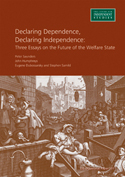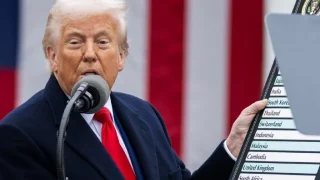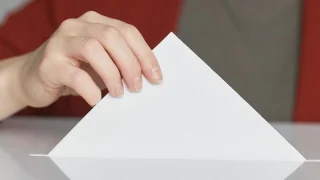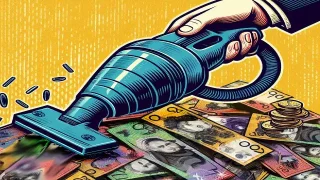
In a time when governments are running up enormous welfare bills and intrusively regulating everyday life, this series of essays remind us that many people do not need to rely on the government to survive.
‘Some people do need the government to provide them with an income, give them housing, educate their children, and save money for them for when they grow old. But the majority of Australians do not need this support,’ says Peter Saunders, editor of the collection Declaring Dependence, Declaring Independence: Three Essays on the Future of the Welfare State.
Economist John Humphreys, in his essay ‘Declaring Independence’, says that people who can pay for their own lives should be able to ‘declare independence’ from the nanny state.
Through tax and welfare ‘churning’, many people already pay for the benefits and services they receive from the state, so they would be no worse off if they opted out and made their own provisions. Declaring independence would mean giving up the welfare safety net.
In Humphreys’ model, self-declared independent people would pay less tax because they would look after themselves rather than expecting the government to take care of them. They would still be subject to the laws of the land—but only those laws that stop them from harming others.
‘The benefit of independence would be the freedom to make personal decisions without interference from the government. This could include superannuation and saving decisions, risky activities, or any other decision that was voluntary and peaceful,’ says Humphreys.
On the other side of the coin, Eugene Dubossarsky and Stephen Samild, in their essay ‘Declaring Dependence’, suggest that those who need constant help should be able to declare themselves dependent on the government, but that they should pay a price for being supported.
Dubossarsky and Samild’s modified democratic model, where taxpayer-funded welfare is available to any citizen at any time, but is conditional on forfeiting voting rights, would eliminate the incentive for politicians to bribe taxpayers with their own money.
‘Those who generate wealth and are net contributors to the public purse fund the welfare cake, but it is in the interests of an increasing proportion of Australians to vote themselves a slice,’ say Samild and Dubossarsky.
Hardcopy has sold out.










